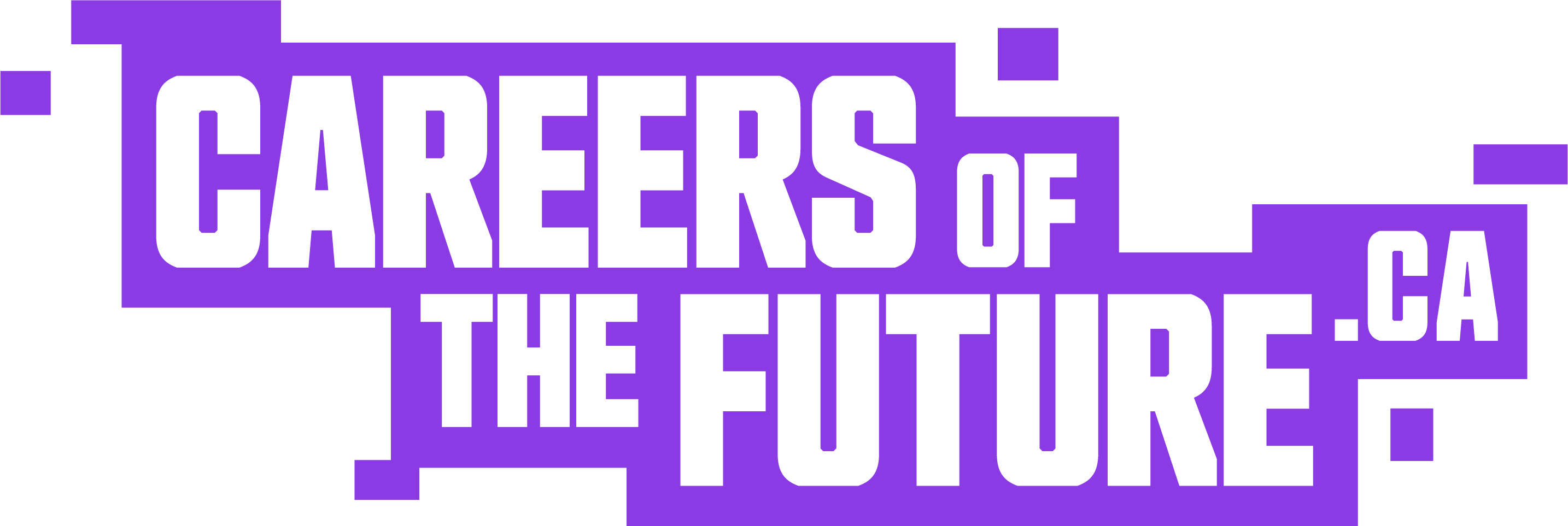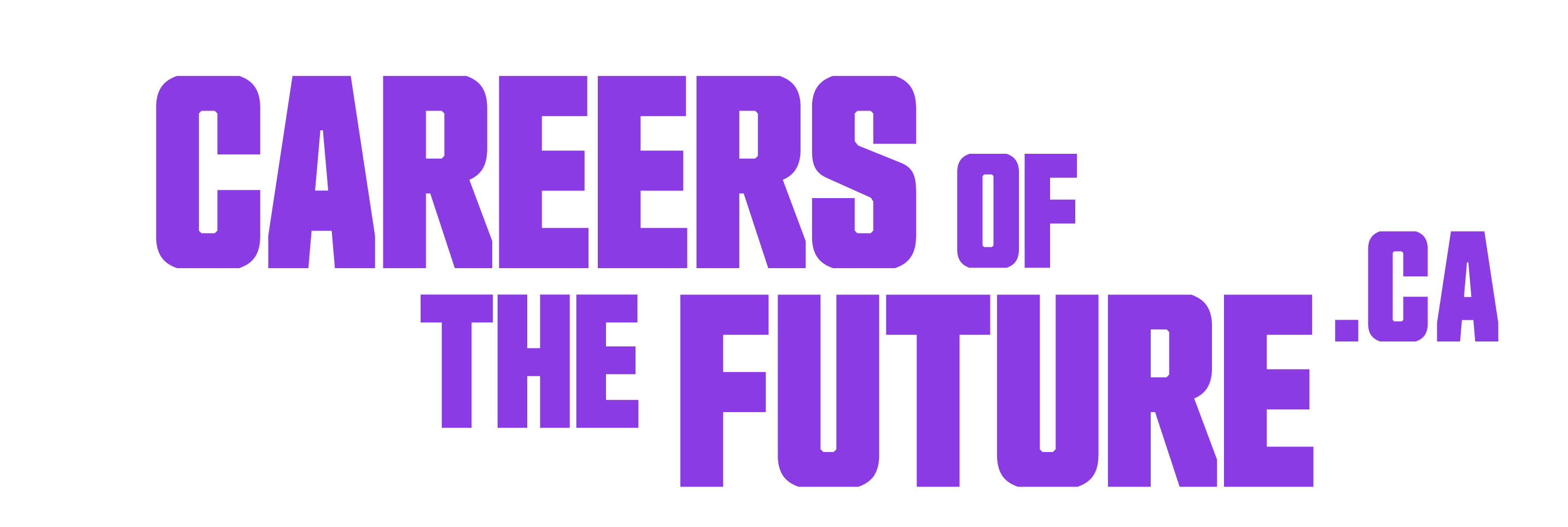Scientists study and explore aspects of the physical world. Like engineers, their knowledge is highly prized by manufacturers, because they work in research and development departments, creating new compounds, products, or processes to make them. They might test the safety of a given product—like scientists who work for auto manufacturers. They could be finding new ways to clean up chemical spills, or finding more efficient energy sources. They can help create new medical devices, or discover new plant hybrids. In fact, the branches of each field of study are so vast and complex, scientists tend to specialize. For example, a microbiologist might study new types of bacteria, while atmospheric scientists could research the wind patterns.
Science
Biology, Biochemistry, Chemistry, Physics, Health Sciences

Did you know?
Looking for more fun facts? Go give that button another click.
My parents? Oh boy! They ask me practically every week what I do, and I tell them… You know moths? Well, I take them and put them on glass!
[SUPER] Douglas Cole
Student M.Sc Mechanical Engineering, École de technologie supérieure
(En partenariat avec Edgehog Advanced Technologies)
Biomimetics is the emulation of nature, taking what we see in nature and applying it to real life, in situations where we can take inspiration from certain animals and plants to solve complex human problems.
The project, overall, aims to try and take a surface – there’s a pattern, only visible on a nanometric scale, on the surface of a moth’s eye – and we try and recreate it on to solar panels.
I really wanted to get involved in a field that would allow me to have a positive impact in the future of our planet. I’m lucky enough to have a job that could change the world for the better. That’s enough to make me passionate about my field. I think that if we really want to have an impact, we have to go after jobs that are more specialized and at the cutting-edge of science.
When I was young, I did a lot of art, I loved to paint. I kind of lost that over the years, at school, but I found it in Engineering and advanced manufacturing. What we do is art.
Curiosity and hard work will take you far. It really is curiosity and ambition in your work, in your studies, that will help you find your passion.
To have the possibility that the work that I'm doing might someday change the world, that's enough for me to be drawn to a particular field or job. I think if you really want to make a difference, you have to try to get involved in fields that are considered more niche and at the forefront of scientific development.”
Jobs & Roles
Check out the most popular and common roles in this area of study below:

